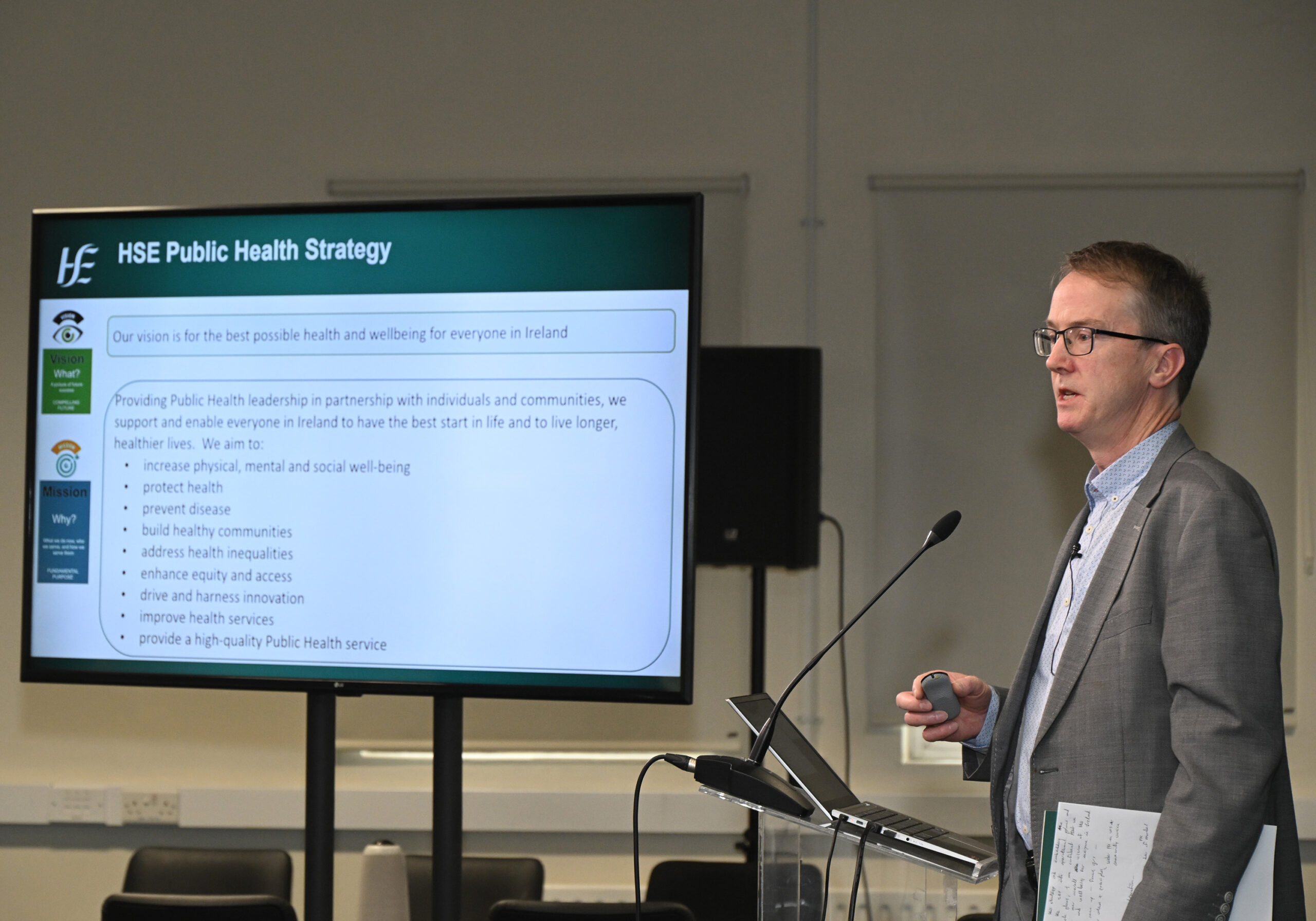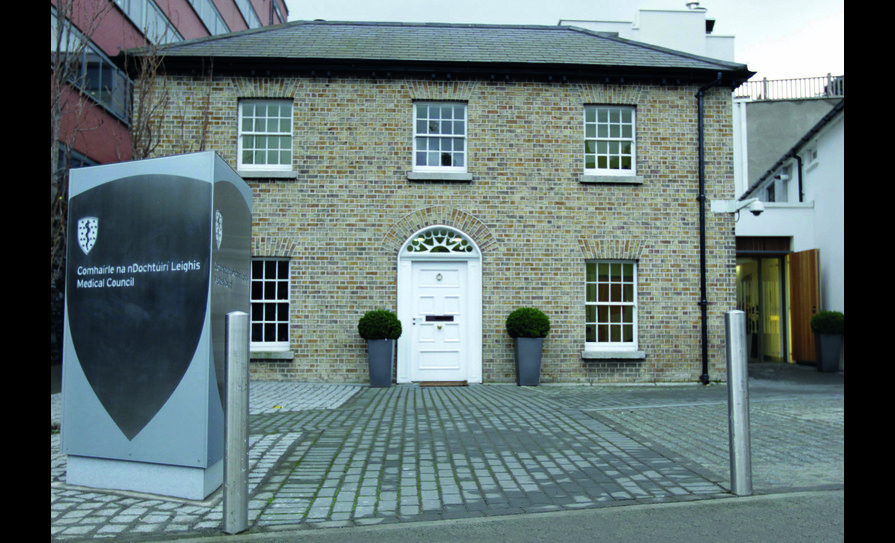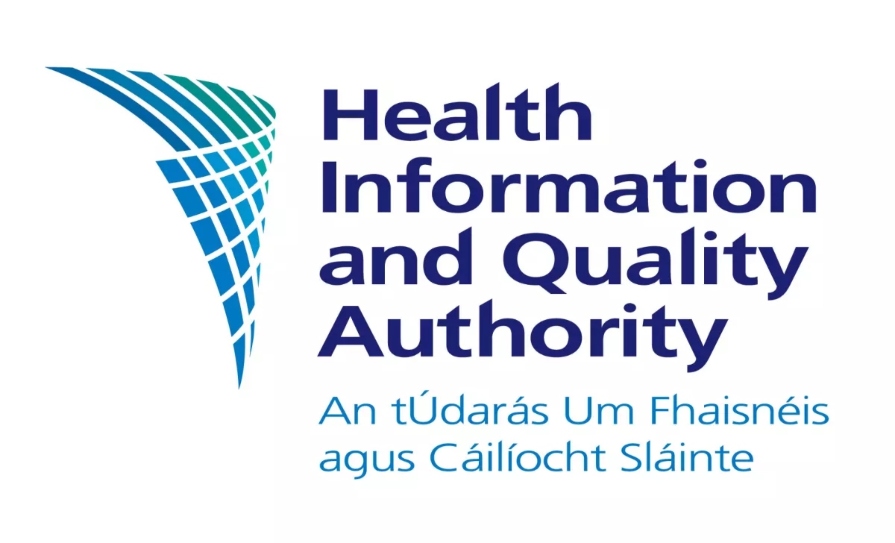The Irish Medical Council has today published a statement articulating its position on the scope of practice and regulation of physician associates (PAs) in the Irish healthcare sector.
According to the Council: “As the independent statutory body which regulates doctors in Ireland, the Medical Council is of the opinion that it is not the appropriate regulatory body for PAs. The Medical Practitioners Act 2007 (as amended in 2020 and 2023) has no provision to regulate health professionals other than doctors.”
In providing further context to its opinion, the Council’s position statement also refers to “the potential for emerging patient safety risks arising from confusion for patients, as observed recently because of regulation of PAs by the GMC [General Medical Council] in the UK”.
The Council stated that its primary purpose is to protect the public by setting high standards of professional conduct, education, training, and competence among doctors.
“The Medical Council is aware that PAs are being trained and employed in the Irish healthcare system, working under the supervision of doctors to support the provision of healthcare, contribute to patient management, and improve healthcare access. [The Council] considers it essential that these PA roles are defined with respect to their scope of practice.”
“Physician associates support doctors by working under the supervision of a named consultant or GP, and their level of tasks and oversight can vary,” stated President of the Medical Council, Dr Suzanne Crowe.
“The RCSI, which oversees the training of physician associates in Ireland, states that the PA’s role is to ‘support doctors and surgeons in the diagnosis and management of patients and are trained to perform several roles, including taking medical histories, performing examinations, making diagnoses and analysing test results’.
“The Medical Council’s regulatory policy department has set out key considerations in establishing our position on the regulation of PAs in the future. We welcome the timely production of a framework by the Department of Health to guide future decision-making on the regulation of health and social care professionals, which was used to support the drafting of the statement.”
Ms Fiona McVeigh, Head of Regulatory Policy at the Medical Council, added: “As the regulator of doctors in Ireland, it is important that the Medical Council engages in policy discussions. Our research paper and position statement have set out key details around the training, titles and scope of PAs. We have given extensive consideration into how PAs integrate into the health system now and in the future; and have highlighted concerns to be considered going forward related to scope, understanding and role titles.
“We aim to ensure that patient safety remains paramount, the scope of PA practice is clearly defined, and the integrity of the medical profession is upheld.”
IHCA
The IHCA has welcomed the Medical Council’s position statement.
“The Association agrees fully with the Medical Council’s view that it is essential that the PA role is defined with respect to scope of practice, and that PAs cannot be seen as a substitute for doctors,” it outlined.
“We are also in agreement that the Medical Council is not the appropriate regulatory body to oversee PAs. In its submission to the HSE on this matter in September, the IHCA made clear that a logical and structured approach must be followed and that this would firstly necessitate an appropriate audit and scoping exercise to be undertaken at national level to identify skill deficits in the health service and the most appropriate healthcare staff required to address them.
“The purpose of the exercise should be to establish the risks and benefits of introducing a PA role. The next logical step would be to formulate and define the PA’s scope of practice, not just for ‘day one’ but specifically by reference to the role in the particular specialty or clinical setting in which the PA will practice.”
The IHCA has also submitted that the professional title of ‘physician assistant’ should instead be used “in order to reflect their role within clinical teams”.
“To do otherwise would unhelpfully blur the distinction between doctors and non-medically qualified professionals. The Association will continue to engage with the HSE and the Medical Council on this important issue. It must be reiterated that patient safety and evidence-based transparent clinical pathways are at the core of any reforms to the delivery of public healthcare.”
Currently, the PA Studies MSc at RCSI is the only such course in the Republic of Ireland. The two-year programme was established in 2016. The entry criteria include a level 8 health science or science-related degree. As of this year, almost 80 PAs had graduated through the RCSI’s programme.
The RCSI has not yet commented on the Medical Council’s statement.
Public employers of PAs include Beaumont Hospital, Dublin; Our Lady’s Hospital, Navan; Letterkenny University Hospital; and the Rotunda Hospital, Dublin.
The Council’s position statement on the scope of practice and regulation of physician associates in the Irish health care sector is available here: https://www.medicalcouncil.ie/news-and-publications/press-releases/press-release/items/position-statement-on-statutory-regulation-of-physician-associates.html
The Council’s briefing paper which provides context on the drafting of the position statement is available here: https://www.medicalcouncil.ie/news-and-publications/press-releases/press-release/physician-associate-briefing-paper.pdf













Leave a Reply
You must be logged in to post a comment.